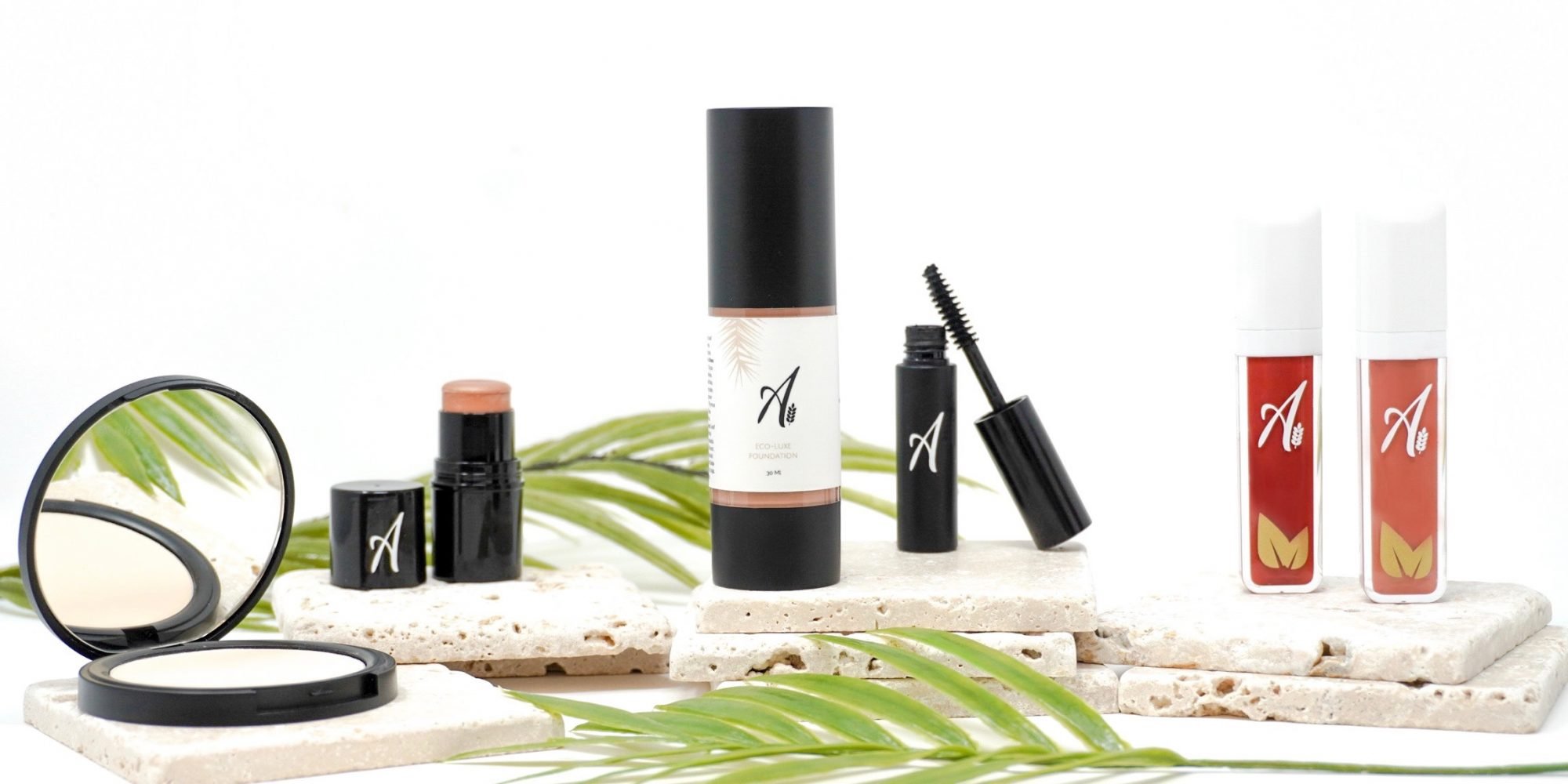
One Brand’s Proactive Eight-Point Plan To Resuscitate Sales Amid The Pandemic (Spoiler Alert: It Works)
During the week of March 23, when East Coast states enacted shelter-in-place orders to stem the spread of the coronavirus, direct-to-consumer clean makeup brand Aisling Organics’ sales plummeted 90%. Not about to take it on the chin without a fight, founder Krysta Lewis soaked up entrepreneurial podcasts and articles, and committed to proactively turning her company’s business around. Coordinating on the software Jira with six employees working from home, she identified eight strategies, including initiating Snapchat advertising and introducing a text line dispensing jokes for respites from the seriousness of the pandemic, to boost revenue and connect with customers. “You get in this mindset of just nonstop heading in one direction, and you don’t get a second to step back, look high level and say, ‘Is this the right direction for us?’” reflects Lewis. “That’s what this has allowed us to do.”
On April 6, she sent Aisling Organics’ backers—the brand has secured over $250,000 from winning the startup competition TechOut and angel investors—an email outlining an eight-point plan to recharge her brand. “We see this as a major opportunity to be the cosmetics option as people no longer can shop stores for makeup,” wrote Lewis. Nearly three week later, Aisling Organics is increasingly becoming the go-to option for confined makeup consumers, and its sales have recovered to within 10% of what they were prior to the pandemic. Here’s a rundown of how the brand reversed its fortunes.
-
TikTok
At the beginning of the crisis, Aisling Organics slashed its social media advertising spending by 90%. However, the brand has since been lifting ad spending. At the moment, its ad spending stands at roughly 50% down from before the pandemic, when it was focused primarily Facebook. Today, Facebook accounts for about 40% of Aisling Organics’ ad spending, and the rest is split between Snapchat and TikTok. The brand has been shooting two to three videos weekly for TikTok. By early April, it amassed 510,000 views, 82,000 likes and 914 comments on the platform. The content that performs well for Aisling Organics on TikTok is visually arresting posts of makeup being crushed.
-
Snapchat
Aisling Organics wasn’t on Snapchat until the coronavirus outbreak. The platform’s relatively low ad prices drew Lewis. In Snapchat parent company Snap Inc.’s first quarter conference call, CFO Derek Andersen reported the social media network’s cost per impression has decreased 23% year-over-year while its total impressions have almost doubled. Although it’s comparatively cheap to experiment with Snapchat currently, Lewis doesn’t recommend merely dabbling in it. “People think they can have budgets of $5 a day and get a strong return. We spend $15,000 to $20,000 per month on these platforms. It’s not about putting $100 here or there to see what happens,” she details. “With Snapchat, you have to go through a period before it turns on your ability to get conversions. If someone starts with Snapchat and doesn’t wait long enough, they could say they weren’t getting results and were putting a couple hundred a week into it, but they have to understand it needs to optimize and turn on your ability to convert.”
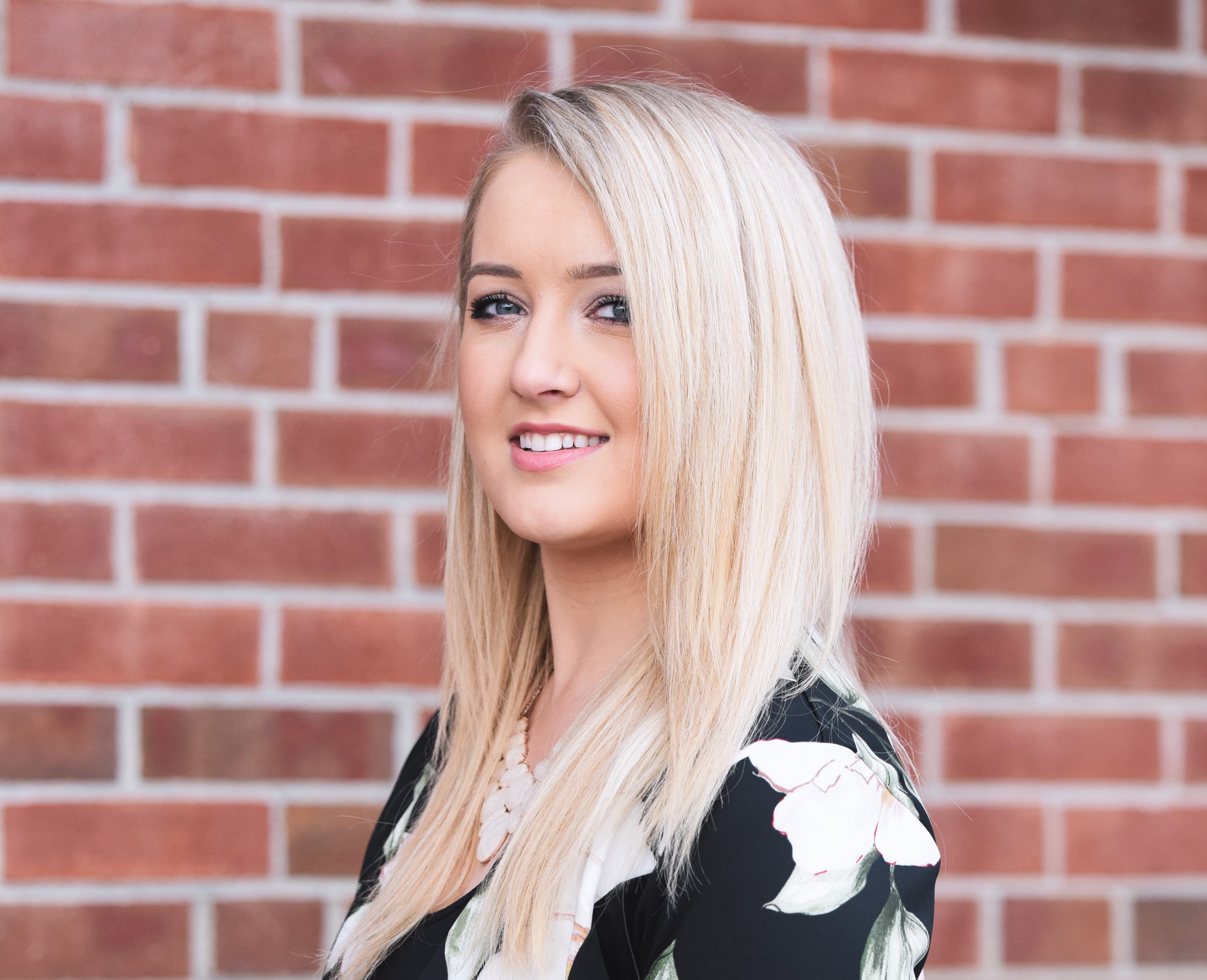
-
Discounting
Aisling Organics is running at least a sale a month to drive revenues. Discounts usually hover around 30%. “People are looking to pay less right now and that’s inevitable, to the point where they’re hoping for and expecting sales. So, when they go to a website that doesn’t have a sale, the likelihood of converting is much lower than if it we’re running an attractive promotion,” says Lewis. Aisling Organics’ discounting pencils out, she continues, because it’s repeat purchase rate is approximately 70%. Lewis says, “As long as that first purchaser is spending more than it costs me to acquire them, I am not worried [about discounting] because I know they will repeat.”
-
Afterpay
Preceding the pandemic, Lewis considered implementing Afterpay, the service enabling consumers to pay for goods in four interest-free installments, but hesitated because she had to figure out how to integrate it with the plug-in One Click Upsell. The coronavirus emergency has pushed her to execute projects she’d been holding off. Lewis received assistance from Afterpay to ensure she could slot it on Aisling Organics’ site in tandem with One Click Upsell. Afterpay estimates brands incorporating the payment service onto their sites register a 22% jump in conversion and 20% to 30% hike in average order value.
-
Gift cards
Aisling will be selling gift cards tied to incentives, and Lewis is trying atypical incentives. For example, she’s going to be offering a 30-minute Zoom session with her for customers buying gift cards over a certain amount, possibly $100. “If someone knows they love our foundation and purchase it three to four times a year, why not buy a $100 gift card if they’re getting an incentive? And we’re getting the cash upfront to help us through this situation,” says Lewis. “I think gift cards are a fantastic option for the beauty industry. If cash is really the issue, then you have to move inventory or do gift cards to get the cash now.”
-
Text line
Customers texting “jokes” to 29071 are sent funny memes and witticisms. Of course, they’re also subscribing to Aisling Organics’ texting system, which issues jokes throughout the week. In its initial two weeks, the subscribership for the text line called The Daily Laugh rose 43% week-over-week. “It takes the pressure off of beauty. For us, it’s not about who is the prettiest. It’s about feeling good inside and wearing what makes you feel comfortable. We don’t want to come off as a brand that takes things too seriously,” says Lewis, adding, “The way people view your brand isn’t just about buying products. It’s associated with family, with laughter, with education, and a lot of what we have done during this time is to strengthen that overall brand image.”
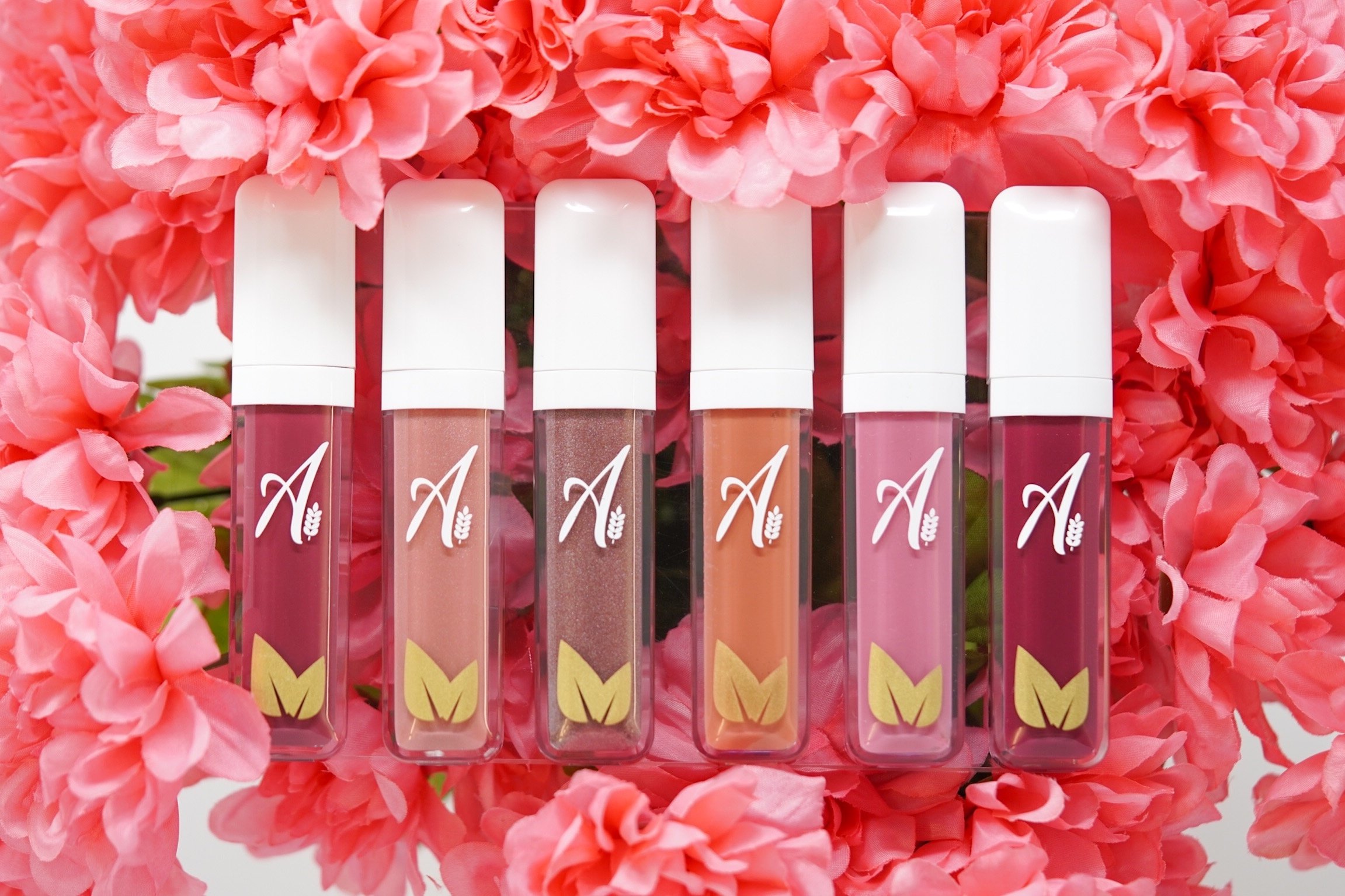
-
Masks
An Aisling Organics investor has a connection to an embroidery factory, and the factory is constructing masks for the brand to make available on its site. The goal is for it to donate a mask for every mask it sells.
-
Magazine
Under the direction of Aisling Organics CMO Meg Smith, the brand has released the publication Talk Clean To Me in print and online. It’s produced 100 physical copies of the 11-page magazine and created a site for it separate from Aisling Organics’ site. The articles in it feature interviews with Lewis and Catherine McCord, founder of Weelicious and OnePotato, book recommendations and a beginner’s guide to ingredients to avoid. “If I were to do things differently, I wouldn’t have launched a product until I built a personal following. Once you build that audience, you can sell anything to them. That’s how Glossier got as big as it did,” says Lewis. “Talk Clean To Me is a way to build that community and to address consumers’ questions about clean living, and be there for our consumers that want to learn more, but don’t want to feel pushed to buy something or being sold to when they are on our website. That’s why it’s a completely different branch of our company.”

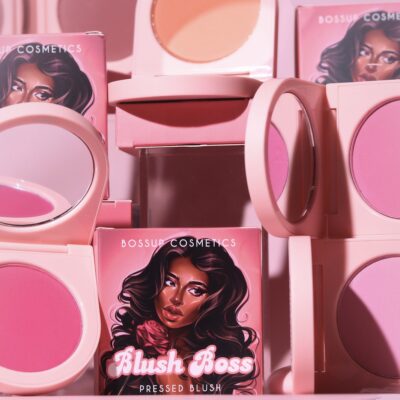
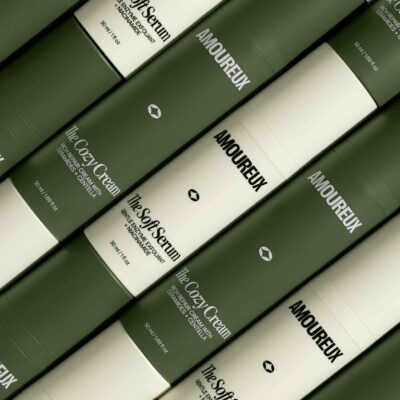
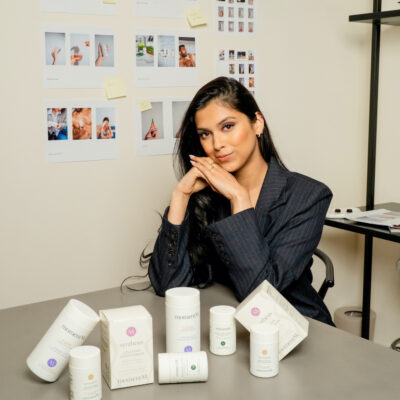
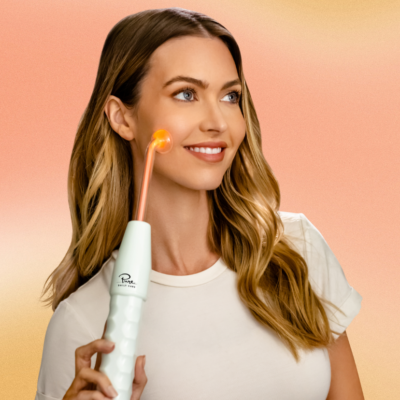
Leave a Reply
You must be logged in to post a comment.